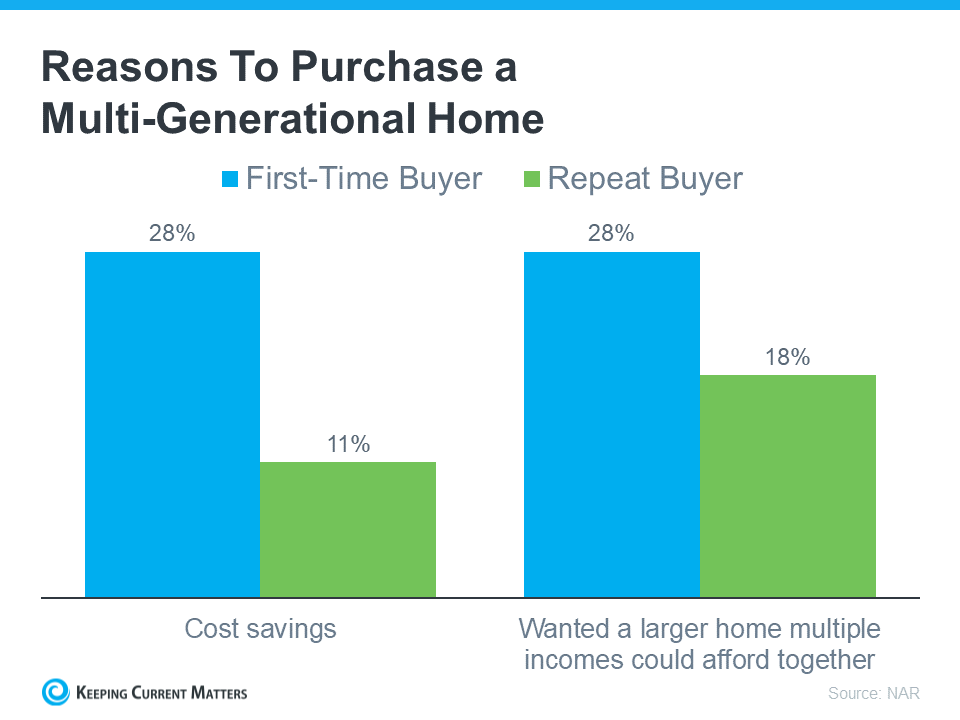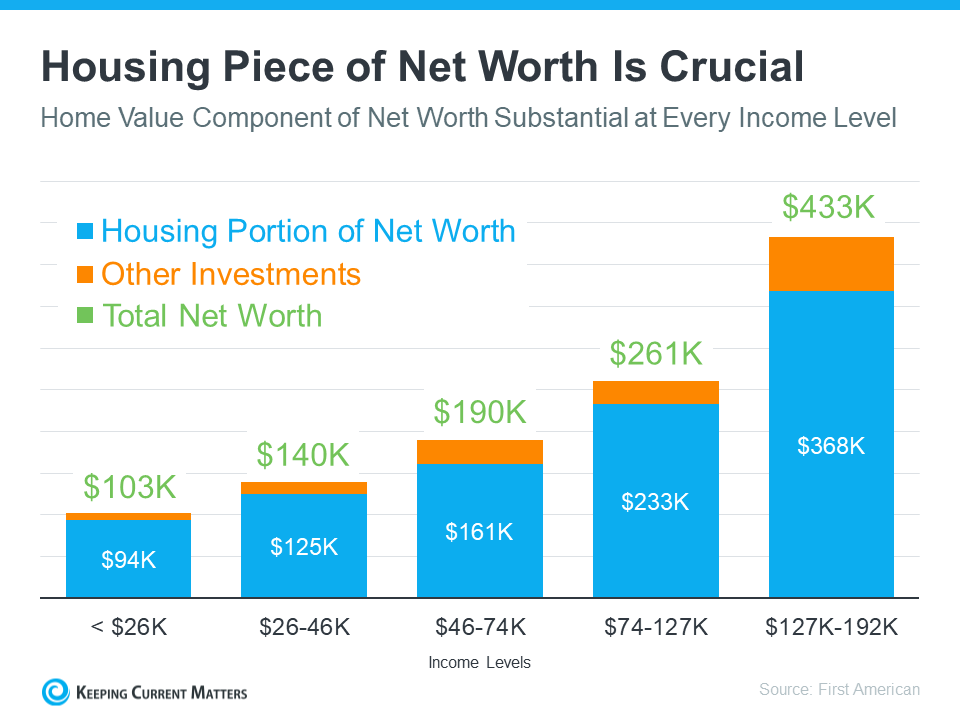Cleaning your home is a tedious task that most people are reluctant to do.
While you might have a cleaning routine that covers the floors, countertops and bathroom, there are certain areas of your house that you might forget to clean. These areas are usually overlooked, but they can harbor germs and make your home look unappealing. In this blog, we will discuss the areas in your home that you might forget to clean and offer tips on how to keep them sparkling.
Light Fixtures and Ceiling Fans
As you go about your household cleaning, it can be easy to overlook the fixtures that illuminate and cool your home - your light fixtures and ceiling fans. Did you know that these fixtures accumulate a significant amount of dust and grime, even though they're easily seen in our day-to-day lives? It's vitally important to take the time to give them a wipe-down, not only for aesthetic purposes but also to maintain their functionality. To clean them, consider using a microfiber cloth or duster to gently remove dirt. If your fixtures have glass or plastic parts, using warm, soapy water can help break up any stuck-on grime. By giving these often-neglected fixtures a little attention, you can help keep your home cleaner and more pleasant to be in.
Baseboards
When cleaning your home, it's important not to overlook the baseboards. Despite their often-neglected status, they are surprisingly susceptible to dirt and dust build-up, which can quickly accumulate and detract from the overall appearance of your space. Fortunately, cleaning them is an effortless task that won't take up much of your time. Simply grab a damp sponge or cloth and your preferred cleaning solution. With a bit of elbow grease, you can go along the baseboards, clearing out the gunk at the bottom of your walls. Taking care of the baseboards is a small but vital aspect of maintaining a clean and tidy home.
Air Vents and Filters
Maintaining high-quality air in your home is vital to your health and well-being no matter the time of year. Your home's air vents control the airflow and keep your home cool or warm, depending on the weather outside. They also act as a filter, collecting dust and other particles in the air that could cause allergies and other respiratory issues. Proper care of your air vents is crucial to ensure that your home's air quality remains clean and fresh. Regular cleaning and changing out your filters every three months can help keep your HVAC system running smoothly and your home free of dust and debris. However, if you encounter a problem when trying to change the air filter or feel that a more thorough cleaning is in order, it might be a good idea to call in a professional to do some air conditioning repair. By taking these simple steps, you can breathe easier and enjoy a healthier home environment for you and your loved ones.
Kitchen Appliances
In a busy household, kitchen appliances such as your refrigerator, oven and dishwasher are essential components of your daily life. But with all the use they get, it’s easy to forget that they, too, need regular TLC to function properly. Take your fridge, for example. The build-up of bacteria and germs on the often-overlooked fridge interior can become a breeding ground for potential health hazards. Prevent this by making it a habit to clean up spills and stains with mild soap and water. Your dishwasher and oven also require special attention to keep them running well. By running your dishwasher on a hot cycle and cleaning your oven with natural solutions like baking soda and vinegar, you can keep them in tip-top condition. Make it a priority to keep these appliances as clean as possible, and you’ll enjoy fresh, healthy and hygienic food for years to come.
Outdoor Areas
When it comes to maintaining your home, it’s important to remember that the outdoor areas are just as important as the interior. Whether it's your patio, deck, or gutters, having these areas clean and well-kept can make a huge difference in the overall look and feel of your property. Not only does regular upkeep improve the aesthetic value of your home, but it also helps prevent potential structural damage caused by neglect. Plus, if you’re planning on selling your home in the future or hosting guests for an outdoor gathering, a pristine outdoor area can be a major selling point. So, take some time to give these areas the attention they deserve and enjoy a beautiful and functional outdoor space.
While it may be easy to overlook certain areas of your home when cleaning, taking the time to clean these often-neglected spots regularly can make a significant difference in the overall look and feel of your living space. From light fixtures and baseboards to kitchen appliances and outdoor areas, giving these spaces some TLC can help maintain a healthier and more aesthetic home for you and your loved ones. So next time you're cleaning, don't forget to add these areas to your checklist and enjoy a sparkling clean living environment.
Learn more at Rismedia.com
Related Links
If there is a home that you would like more information about, if you are considering selling a property, or if you have questions about the housing market in your neighborhood, please reach out. We’re here to help.









